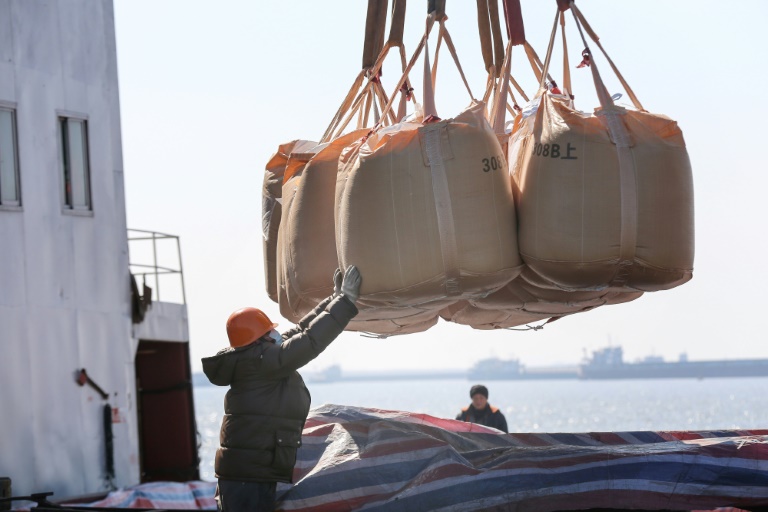
MALAYSIA’S manufacturing sector continued to face headwinds in April as the S&P Global Malaysia Manufacturing Purchasing Managers’ Index (PMI) slipped to 48.6, down from 48.8 in March, indicating a further — albeit modest — deterioration in sector conditions.
According to the latest data released by S&P Global, April’s reading marked the lowest point so far in 2025.
The continued sub-50 reading — the threshold separating growth from contraction — reflects sustained moderation in demand and production activity at the start of the second quarter.
“PMI data for the start of the second quarter of 2025 suggest that demand conditions in the Malaysian manufacturing sector remained subdued during April, as production and new order inflows continued to moderate,” said S&P Global Market Intelligence economist Usamah Bhatti.
Weak domestic and international demand continued to weigh heavily on manufacturers, with firms reporting lower new business inflows for a second consecutive month.
External markets, in particular, showed no signs of recovery, further compounding challenges for exporters.
Production volumes were cut back for the 11th straight month, with April witnessing the sharpest contraction in three months.
In an attempt to manage costs and inventory, many manufacturers chose to reduce purchasing activity and draw down existing stockpiles of both raw materials and finished goods.
Employment levels, however, saw only a fractional decline, with companies reporting adequate capacity amid declining backlogs.
Delivery times, which had been worsening for nearly a year, stabilised in April – a development attributed more to reduced demand than to improvements in logistics.
On the price front, input cost inflation softened, marking the mildest increase in 2025 so far. “Inflationary pressures trended downwards once again in April, with average cost burdens rising only mildly, which contributed to a further fractional reduction in charges,” Bhatti noted.
Despite these signs of easing cost pressures, business sentiment turned increasingly cautious.
The degree of confidence among manufacturers regarding output over the next 12 months slipped to its lowest since July 2023.
Companies cited concerns over a weak global economic outlook and potential trade disruptions, including the impact of US tariffs.
While the PMI continues to indicate contraction, S&P Global said the data remains broadly consistent with continued year-on-year improvements in official manufacturing output and gross domestic product (GDP) growth – a silver lining amid the subdued survey results.
Nonetheless, with firms hesitant to invest in expansion and still prioritising inventory reduction and cost containment, industry watchers expect the coming months to remain challenging unless demand – both local and overseas – rebounds meaningfully. — TMR
RELATED ARTICLES

German factory slump casts cloud over Europe’s economy

Thailand is short of 500,000 foreign workers after government lifted most Covid bans

Production, retail revenue rose in January

China imports plunge, exports fall on virus hit to global growth

Intel says it’s on course to regain chip production leadership

104,000 new jobs created in private sector for 4Q19
The post Malaysia’s factory activity contracts further in April as PMI drops to 48.6 — S&P appeared first on The Malaysian Reserve.
